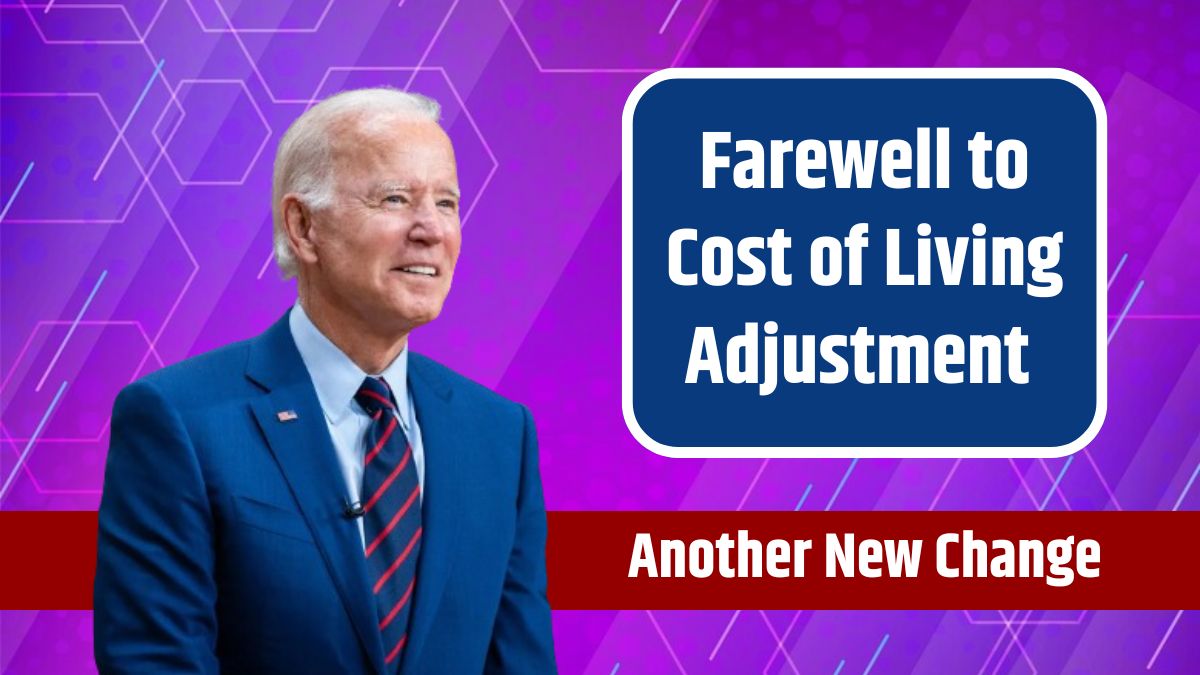Navigating the landscape of retirement planning can be overwhelming, especially as the economy wavers and seniors find their Social Security benefits buying less. For many retirees, these benefits are their primary source of income, making it crucial to maximize what they receive each month. The timing of when you start claiming Social Security can significantly influence the amount you collect for the rest of your life. Let’s look into the factors that can help boost your monthly benefits.
Timing
The age at which you decide to claim Social Security has a lasting impact on your payments. The earliest you can start collecting benefits is at age 62. While this may seem tempting, it comes with a catch: claiming at 62 reduces your monthly benefit by approximately 30% compared to waiting until your full retirement age (FRA). For those born in 1960 or later, the FRA is 67.
To illustrate, in 2024, the average Social Security benefit for retired workers was $1,913.31 per month. If you claim at 62, your benefit shrinks to $1,339.32. This reduction isn’t temporary; your base amount stays 30% lower throughout your life, influencing future cost-of-living adjustments as well.
On the flip side, delaying your claim until after your FRA increases your benefit by about 8% per year up until age 70. Beyond 70, further delays don’t yield additional increases. For instance, if your FRA benefit is $1,913.31, waiting until 70 can boost your monthly income to approximately $2,372.50. This strategy could mean an extra $1,033 each month compared to starting at 62.
Health
Delaying benefits can be rewarding, but it isn’t always the best choice. If you have significant health concerns or a shorter life expectancy, claiming benefits earlier might maximize your lifetime income. Early access allows you to enjoy retirement while you’re healthy enough to take advantage of it. If, for example, claiming at 62 helps you make meaningful lifestyle changes or start a business venture that adds to your overall comfort and stability, it might be the right move.
Financial Cushion
Those with minimal retirement savings often find delaying Social Security more appealing. A higher monthly benefit can become a lifeline, reducing the need to withdraw large sums from personal retirement accounts like IRAs or 401(k)s. For instance, if you only anticipate being able to draw $400-$500 per month from savings, an extra $1,000 per month in Social Security could make the difference between just getting by and living comfortably.
Opportunity Cost
There’s also an investment angle to consider. Claiming benefits at 62 and investing that income in growth-oriented ventures can sometimes be a strategic move, particularly if you have a solid plan for using the funds to improve your overall financial position. A guaranteed income stream at an early retirement age can support taking calculated risks without straining your budget.
Personalized Planning
The calculation for your Social Security benefit depends on your wage history and earnings record. While the average increase from delaying benefits might hover around $1,033 per month from age 62 to 70, individual results can vary. This variation underscores the importance of personalized financial planning. Reviewing your projected benefit statements and considering your health, financial needs, and goals can clarify whether delaying or claiming early is your best bet.
For those who choose to delay and can afford to wait, the potential payoff in higher monthly benefits is significant, especially as cost-of-living adjustments continue to enhance those benefits over time. Conversely, those who need immediate access or have alternate strategies in mind may find that an early claim aligns better with their life plans.
Choosing when to start claiming Social Security is not one-size-fits-all. Weigh your health, financial situation, and retirement aspirations before making a decision. By planning strategically, you can turn a seemingly rigid system into a more flexible and rewarding part of your retirement journey.
FAQs
How does claiming Social Security early affect benefits?
Claiming early at 62 reduces benefits by about 30% compared to waiting until full retirement age (67 for those born in 1960 or later).
What age gives maximum Social Security benefits?
Delaying benefits until age 70 results in the highest monthly payments, increasing benefits by 8% annually after full retirement age.
Is delaying Social Security always the best option?
Not always. If you have health issues or need funds for immediate needs, claiming earlier might be better.
Can you boost benefits without delaying to 70?
Yes, other strategies include working longer to increase your wage history or coordinating benefits with a spouse.
Does Social Security increase past age 70?
No, benefits don’t increase further after age 70, so there’s no financial advantage in delaying beyond this age.






















